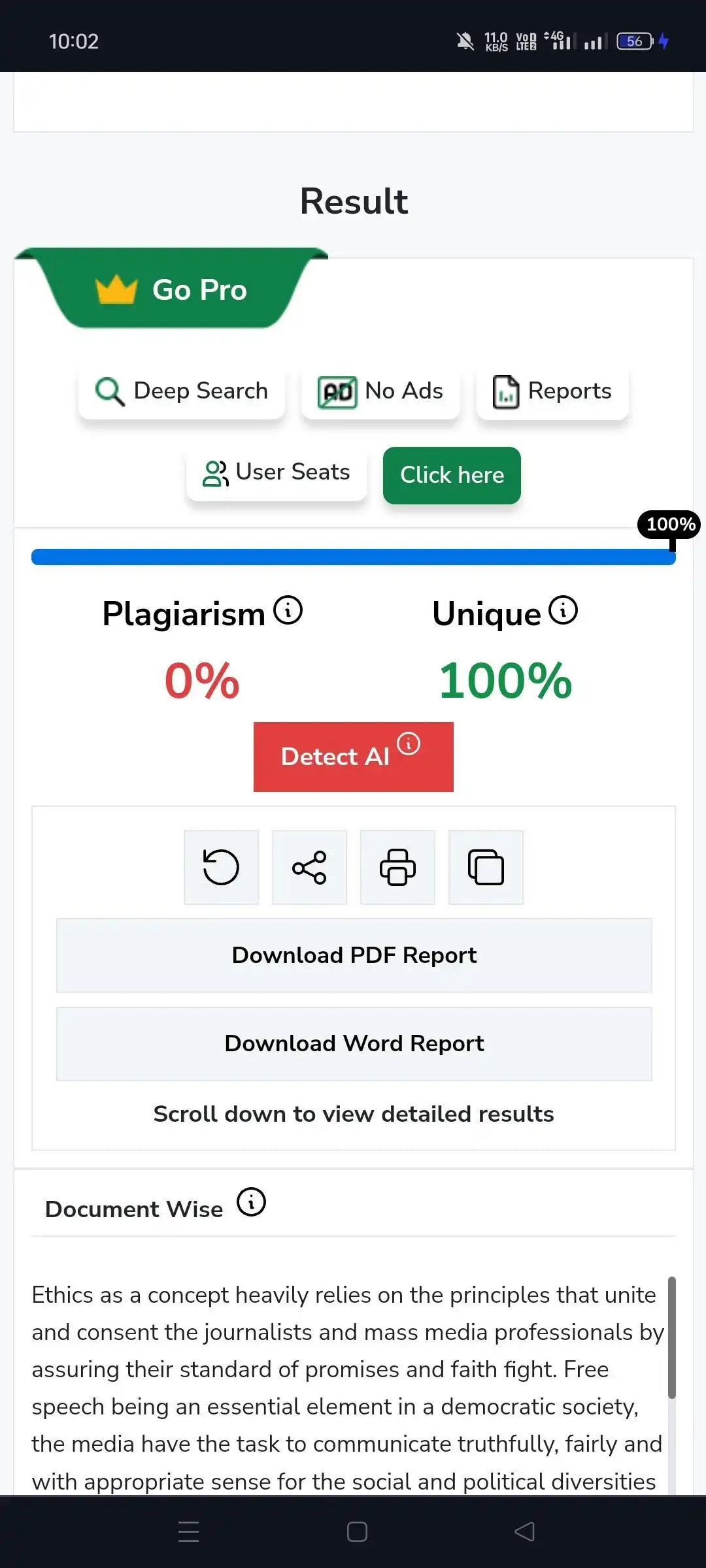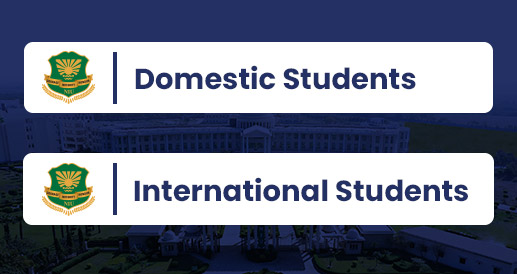
Ethics as a concept heavily relies on the principles that unite and consent the journalists and mass media professionals by assuring their standard of promises and faith fight. Free speech being an essential element in a democratic society, the media have the task to communicate truthfully, fairly and with appropriate sense for the social and political diversities of the viewers. This blog shall throw light on the importance of ethics in journalism and mass communication. The media practitioners must always strike a fine line between freedom of speech and maintaining ethical standards.
The Importance of Ethical Journalism
Ethical journalism refers to a good and true democracy wherein the citizens are given the right information and objective facts that they require while making proper decisions. These decisions are made to address the concerns of the society. Journalists have been bestowed with the power to influence any kind of public opinion. They can also influence any kind of policy and hold any institution as well as an individual accountable. Hence, the media must focus on maintaining an ethical standard thus making themselves trustable to the common man.
Balance between Freedom of Speech and Responsible journalism
Freedom of speech also enables them to report any issue in the public interest without having the fear of being censored. However, they are not exempted from ethical requirements. They must also cross-check their facts, avoid sensationalism and not say anything that means harm to any individual or community. Even though freedom of speech gives them the right to speak on various issues, journalists must make sure to say only things which are right.
Challenges in Ethical Journalism
While the media world is becoming increasingly busy at the moment, journalists are experiencing many obstacles that make them maintain professional ethics. To support quality journalism, the need of the hour is to address several challenges which include a speedy production of content, competition for ratings, increasing misinformation on digital platforms, and so on. Lastly, dealing with ethical dilemmas that stretch into intricate moral dilemmas, such as reporting on delicate topics and evaluating freedom of information against privacy, is a task that needs deep thought and deliberations.
Promoting Ethical Journalism Education
Educational institutions are among the key players in the pursuit of building ethical journalism practices to minimize the threats mentioned above. The students of universities like Noida International University (NIU) are meant to undergo an education process which comprehends the basic media ethics, with critical thinking and also responsible reporting. At the School of Journalism and Mass Communication of NIU, students are exposed to academically stricter programs, work placements as well as discussions with industry practitioners to gain the necessary skills and an ethically acceptable outlook to navigate the complex nature of the media spectrum.
Conclusion
Ethics serve as the very pillar of responsible journalism and mass communication. Only those media figures can play their roles as watchdogs of democracy and standards setters in the area of truth, transparency and ethics who can strike the right line between the two. The need for ethical education and training can’t be ignored by anyone who plans to follow his or her career in journalism and communication. Such skills are in great demand in the media world where future leaders are empowered to develop an ethical personality. Hence, join the Noida International University’s school of Journalism and Mass Communication and experience a trip to a career which reflects authenticity, professionalism and ethical code.



